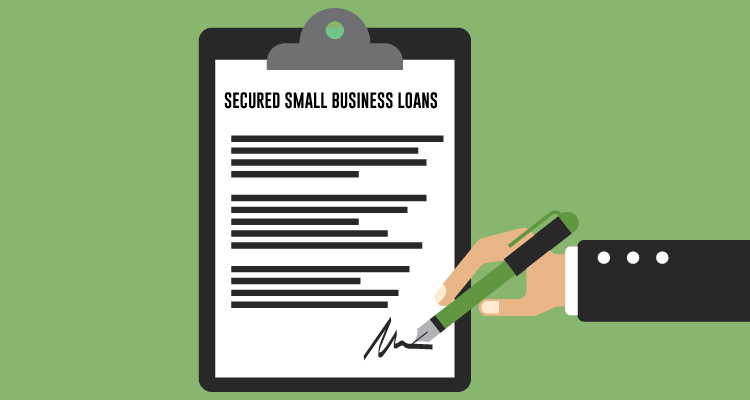Payments in the business world can be complicated enough, but when you move into loan payments to a bank or other lender things get a little more complex. Any business or individual who takes out a loan should understand how amortization and loan payments work. Get a primer on how loan payments work with this guide.
Table of Contents
ToggleAmortization and minimum scheduled loan payments
To understand how loan payments work, you first must understand how loans and loan amortization works. When you sign up for a new installment loan, one where the minimum payment is constant for the entire life of the loan, your payments are calculated with a method called amortization. Amortization is a specialized calculation. It finds your monthly payment that would lead to a zero-balance. This is assuming you make that exact payment on-time for the entire length of the loan.
To find the monthly payment, the amortization formula requires inputting the interest rate, number of periods, and total loan amount. That’s all you need to find the monthly payment and lay out the details of the loan. This amortization calculator shows how it all works, or you can use an Excel template to break out even more detail.
How a larger payment is applied to your loan
When you get your loan documents and login to online banking or look at your payment coupons, you will find that your minimum payment is listed but you have the ability to pay more. This applies to student loans, mortgages, car loans, and virtually any other installment loan.
When you make the minimum payment, your payment is applied to interest first, then principle with whatever is leftover. When you make the minimum payment, the leftover amount is precisely what is needed to land you at a zero balance at the end of the loan’s planned life. But if you make an extra payment, you are lowering the principle today and are taking a step toward an early loan payoff.
Depending on how your loan is setup, it likely charges you a little bit of interest every day. If you pay only the minimum, particularly early on, much of your payment goes to interest. Every extra dollar you pay lowers your interest for the entire life of the loan and gets you a little closer to an early payoff.
When I was dealing with my student loans, this is one method I used to pay off my $40,000 debt in two years and six days. I started paying a little more every month and increased that as I was able with my budget. Eventually I was paying double every single payment, which made my balance fall fast and saved me thousands of dollars in interest, plus eight years of payments.
How an extra payment is applied to your loan
What happens if you want to make an extra bonus payment to lower your loan balance outside of your scheduled payment? Depending on the type of loan, this can work a little differently. Typically, mortgages have strict rules about one payment per month while student and auto loans allow payments at any time.
In the case of a mortgage, any extra payment you make outside of your regular payment schedule goes straight to the principle. This lowers your overall balance and interest due, but does not impact your regularly scheduled payments. Even if you pay extra, you have to pay your regular payment on schedule in the future.
With student and auto loans, an extra payment can push your due date out into the future. This means you can pay double one month and may be able to skip a payment the next month. However, skipping payments does the opposite of what you want: getting you out of debt faster while saving money. So even if you get ahead on your loan, keep making at least the minimum payment every month. This will help you stay ahead of schedule.
When I was paying off those student loans, I started small. I decided to split my payment up to a half payment every payday. But as my budget allowed more, I ended up making full payments. I did this twice a month and then eventually double payments twice a month. This was like rocket fuel for my loan payoff.
In addition, I put 100% of every bonus from work and every tax refund back into my loans. This helped me make big steps forward a few times. All while I was making aggressive payments on track to a zero balance.
In finance, knowledge is power
In a finance class in college, a professor once said to us, “what I’m about to teach you isn’t very hard, but not very many people know how to do it so the people who don’t know will pay you a lot to do it for them.” This is the case with much of finance, and why Wall Street and the rest of the finance industry makes so much money. What we do isn’t that complex, but few people understand how it works.
Can understand how loan amortization works, you are in a position to save a lot of money on your loan. If you can pay just a little extra every month, the savings add up over time. You can make big extra payments, you will save even more. Use this knowledge to save money in business and your personal finances. In finance, knowledge is power. Now you are in the know.















